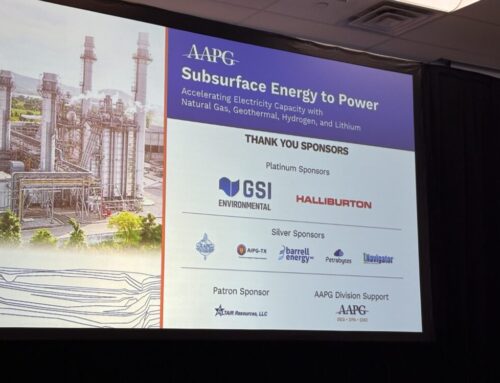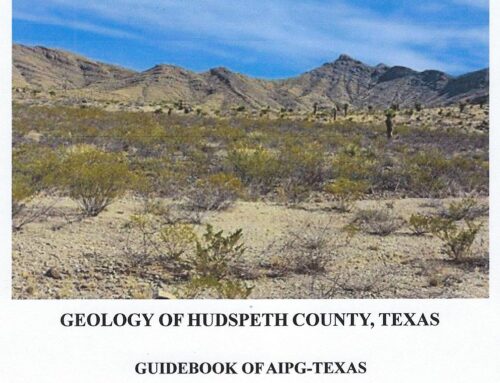Achieving a Just & Sustainable Energy Mix by 2040
October 15, 2024
12:00 Noon Central Time
by James Conca, Ph.D.
Eradicating global poverty, and its evil stepchildren war and terrorism, presents an unforeseen conundrum with respect to human health and the environment. About 3,000 kilowatt-hours (kWh) per person per year is necessary for someone to have what we consider a good life. For the 10+ billion humans expected to occupy this planet by mid-century, our total power production must grow from 27 trillion kWh/yr to over 40 trillion kWh/yr. This requires all non-fossil energy sources be developed to their full potential if we are to attain a sustainable production without intermittent shortages, security vulnerabilities, extreme costs or environmental catastrophe.
However, each energy source has its own problems of environmental impact and human health effects, as well as its own historical, political and economic development. Fossil fuels have the most impact on both the environment and health, but they are also the easiest to emplace in developing countries who are most in need of energy but where the lack of infrastructure makes anything but coal and oil difficult to emplace quickly. Hence, coal and oil are still the fastest growing energy sources in the world.
Therefore, a rational mix of energy sources must be developed for each state and country with these impacts in mind, requiring international cooperation to a degree unknown in history. Various mixes have been discussed ranging between 1) a business-as-usual two-thirds fossil fuel, one-third everything else, 2) an all-non-fossil mix, something like 1/3–renewables, 1/3–nuclear, and 1/3-hydro+geo+bio+other, and 3) all renewables. Surprisingly, cost is not a determinative factor for the first two, but becomes very important for the last mix. But it is the hidden costs, to humans and the environment, that need to be understood in time to avert collapse of the planetary ecosystems as the population peaks at mid-century.
To Register for this Webinar, click (here).
John Berry manages this Webinar Series, the proceeds of which go to fund the AIPG-TX Scholarships for Texas university students (here).
The AIPG Texas Section is also offering the GeoDayz Training Program in 2025 (here).
Biography
Dr. Conca obtained a Ph.D. in Geochemistry from the California Institute of Technology in 1985, a Masters in Planetary Science in 1981, and a Bachelors in Geology and Biochemistry from Brown University in 1979. He is a Trustee of the Herbert M. Parker Foundation at Washington State University in the Tri-Cities. Conca is a Contributor to Forbes on energy issues, and has been an advisor to DOE, EPA, state and federal regulatory agencies, and to President Obama’s Blue Ribbon Commission on America’s Nuclear Future from 2010 to 2012. He worked on the Yucca Mt and WIPP nuclear waste projects for 25 years and served as a Special Advisor in the AAPG EMD’s Uranium & REE Committee for many years.
To Watch Dr. Conca’s Part 1 October Webinar, click (here).
To Watch Dr. Conca’s Part 2 November Webinar, click (here).
To Watch Previous Webinars, click (here).








